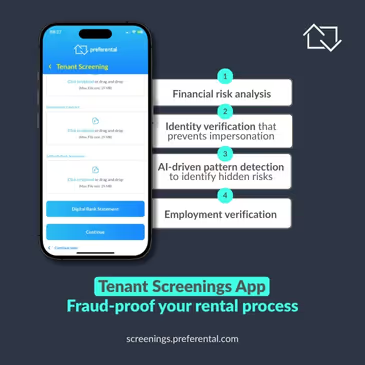Short-Term Loans Could Derail Your Dream of Homeownership
Top 3 Key Points:
- Frequent short-term loans signal poor financial habits to lenders and hurt your chances of securing a home loan.
- High interest, easy access, and poor repayment behaviour make short-term loans dangerous for long-term financial goals.
- Responsible credit use especially store accounts can improve your score if managed well and paid on time.
When Easy Credit becomes a long-term liability
Short-term loans are tempting. They're quick, easy to access, and require no collateral. But the very thing that makes them attractive is what makes them dangerous especially if you're planning to apply for a home loan.
“Frequent short-term loans, even without defaults, are a red flag for home loan providers,” warns Renier Kriek, Managing Director of Sentinel Homes. “They imply poor financial management and reduce your chances of securing long-term credit.”
STEP-BY-STEP:What You Need to Know and Do
1.Understand the Risk Behind Short-Term Loans
Short-term loans often carry interest rates as high as 5% per month around six times the current prime rate.
“The more you borrow, the more likely you are to default,” says Kriek.
Over time, this creates a down ward spiral of debt and dependency.
2.Debt Review isn’t a Magic Fix
Many believe debt review wipes the slate clean. In reality, it limits future credit access including home loans for years.
“Needing debt review at all may disqualify you from a home loan,” Kriek cautions.
3.Know How Lenders Think
Home loan providers use advanced risk algorithms that look for patterns of responsible spending.
“The ability to delay gratification is a key trait, and frequent short-term borrowing is a proxy for the opposite,” says Kriek.
4.Replace Bad Debt with Good Habits
Start by:
- Stopping short-term borrowing.
- Paying off existing loans quickly.
- Building a true emergency fund.
- Saving for luxuries instead of borrowing.
“You’ll still pay monthly,” says Kriek, “but saving earns you interest - debt costs you.”
5.Use Store Credit Strategically
If credit is essential, choose retail accounts.
“Credit providers’ risk models favour consumers who begin their credit journey with store credit,” notes Kriek. “It’s seen as a responsible entry point if used wisely and paid on time.”
ADVICE GOING FORWARD: Play the Long Game
Owning a home is more than just a dream, it’s a financial milestone that demands long-term discipline.
“Short-term loans that literally fund your lifestyle can easily sway the algorithm against you,” says Kriek. “If you're using debt for luxuries rather than saving, you're sending the wrong signals.”
Before you apply for a bond, ask yourself:
- Am I managing credit like an asset or a crutch?
- Have I shown the ability to delay gratification?
- Would a lender see me as a good long-term risk?
FINAL WORD: Protect the Dream
Short-term loans may get you through the month, but they can cost you your future. If you’re serious about buying property, start managing your credit like a business: strategically, consistently, and with the end goal in mind.
Small habits today determine your financial freedom tomorrow. Don’t let quick fixes ruin your big plans.













.avif)


.avif)

.avif)




.svg)





























.avif)
